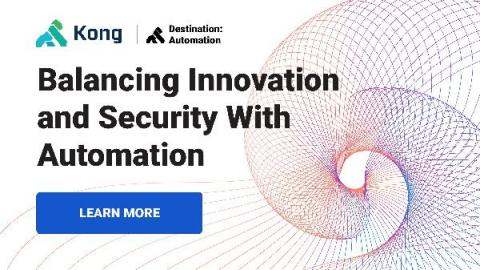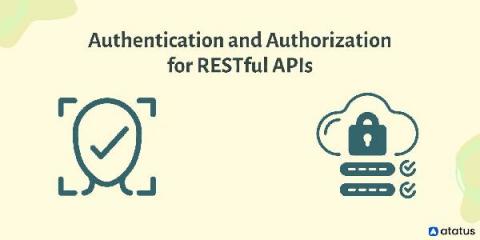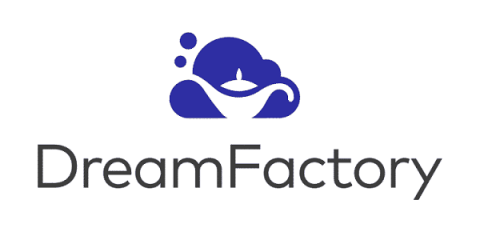Balancing Innovation and Security With Automation
Automating digital transformation API deployments can help speed time to market and minimize the resources required for the deployments — if developers can be assured that the automated process meets all necessary security requirements. It’s a topic that Kong Senior CustomerExperience Manager Peggy Guyott and Kong Senior Solutions Engineer Ned Harris discussed on a recent webinar as part of the Destination: Automation 2021 digital event.










